
Stakeholders at the 2025 National Project Management Conference have called on the government and Parliament to consider the passage of the proposed Project Management Act, describing it as essential to project continuity and national development.
The resolution, part of a ten-point communiqué issued at the close of the conference held at Aqua Safari Resort on July 25, stated that the Act “will provide a legal backbone for project continuity, ensuring that no viable national project is abandoned except by independent technical audit.”
This call comes amid growing concern over the number of stalled or abandoned public sector projects across the country, a trend that has raised questions about fiscal discipline, planning, and institutional memory in the nation’s development process.
The communiqué, signed by Frank Owusu-Asamoah, President of the Project Management Institute (PMI) – organisers of the aforementioned conference, emphasised the need for structural reforms to professionalise project delivery and protect public investments from political disruptions.
It stated, “The culture of discarding or altering strategic projects with political transitions must end. National projects must be protected from partisanship to preserve Ghana’s development agenda.”
During the 2025 State of the Nation Address (SONA), President John Mahama disclosed that there were at least 55 stalled national projects, requiring some GH¢15 billion to complete.
In addition to legislative reform, the communiqué outlined several complementary proposals, including the establishment of an independent National Project Delivery & Accountability Authority to “oversee the lifecycle of all public projects and manage a National Project Register accessible to the public.”
The proposed Act would also support a Finish-to-Start policy, backed by a dedicated National Project Completion Fund to prioritise and finance stalled or abandoned national projects before new ones are initiated. According to the communiqué, “This fund will anchor a Finish-to-Start policy, ensuring that existing projects are completed and deliver value before the initiation of new ones.”
These recommendations form part of a broader strategy to transform project management into what the communiqué describes as “a cornerstone of national development where every cedi spent delivers value, and every project completed becomes a symbol of national pride and trust in governance.”
The statement included a a call to mandate the use of certified project management practitioners for all public sector projects.
According to the communiqué, “We recommend that all public projects be led by certified project management practitioners to safeguard quality, efficiency, and ethical execution across all sectors.”
The conference also advocated for the adoption of the Ghana Integrated Project Management Framework (GIPMF) as a national standard. Developed by Ghanaian experts, the GIPMF was described as a tool for “project governance, delivery, sustainability, and monitoring.”
Delegates further recommended that the framework be fully integrated into the operational systems of all Ministries, Departments, and Agencies (MDAs) and aligned with the Public Financial Management Act to “ensure budget discipline and eliminate cost overruns.
To improve transparency and real-time performance tracking, participants called for the institutionalisation of Earned Value Management (EVM) and the deployment of public dashboards across all government projects.
The communiqué stated, “We call for mandatory implementation of Earned Value Management (EVM) and real-time public dashboards on all government projects to improve transparency, performance monitoring, and accountability.”
Gender inclusion was also a key focus. The communiqué urged the formal adoption of the Women in Project Management Framework, developed in collaboration with PMI Ghana. It set a benchmark that at least 30 percent of project leadership roles in public sector projects are held by qualified and Certified women.
It also addressed the environmental and developmental risks posed by illegal mining. It called on the government to “declare galamsey a national development risk,” and recommended that efforts to combat illegal mining be formally tracked as Key Performance Indicators (KPIs) for District Chief Executives (DCEs) and Police Commanders in galamsey-prone areas.
This, it noted, would help ensure that local authorities are directly responsible for preserving environmental assets, protecting public investments, and fostering a culture of enforcement, responsibility, and long-term national value.
The statement included a collective pledge from participants, reaffirming their commitment to the resolutions and urging collaboration across government, private sector, professional bodies, and development partners to advance a new era of project excellence, value-for-money, and national transformation.
The post Parliament urged to pass Project Management Act to end wasteful abandonment of national projects appeared first on The Business & Financial Times.
Read Full Story

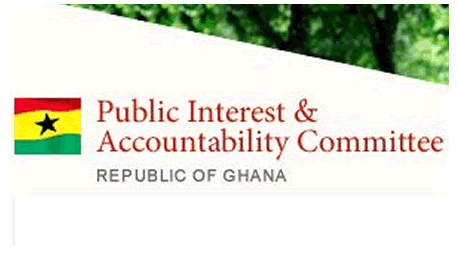
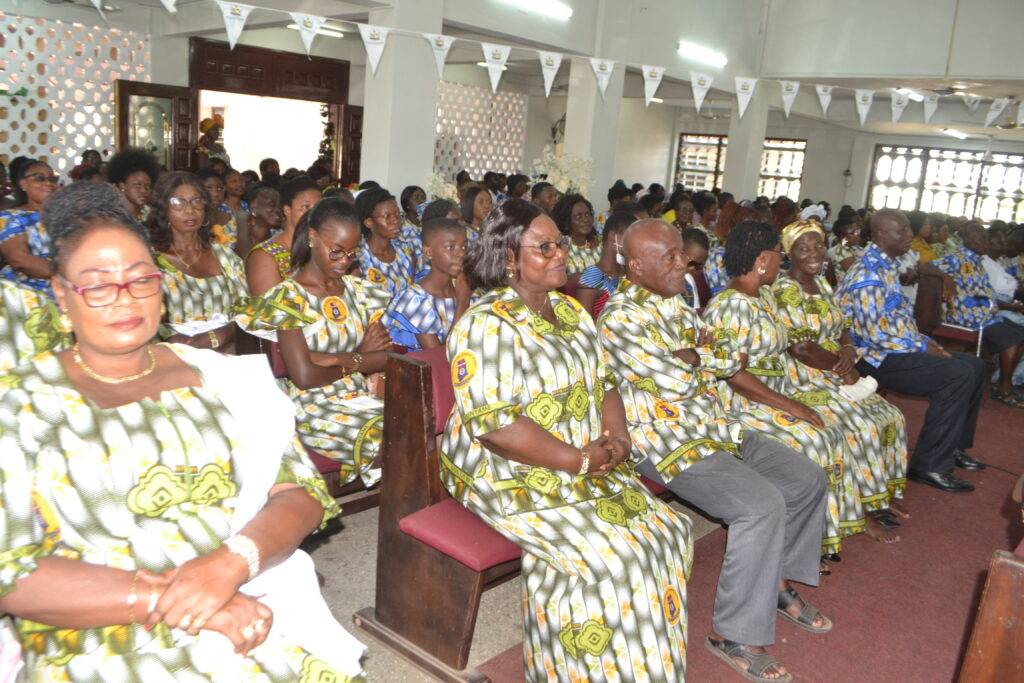
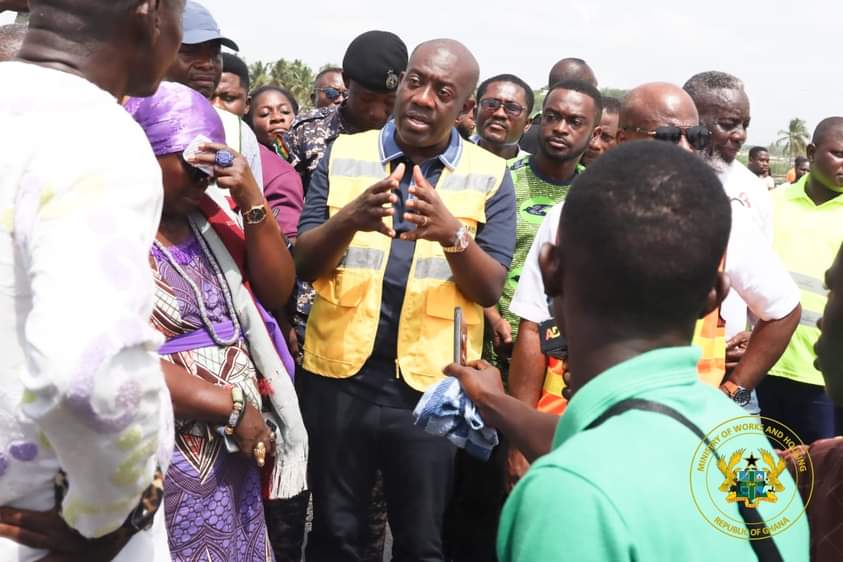
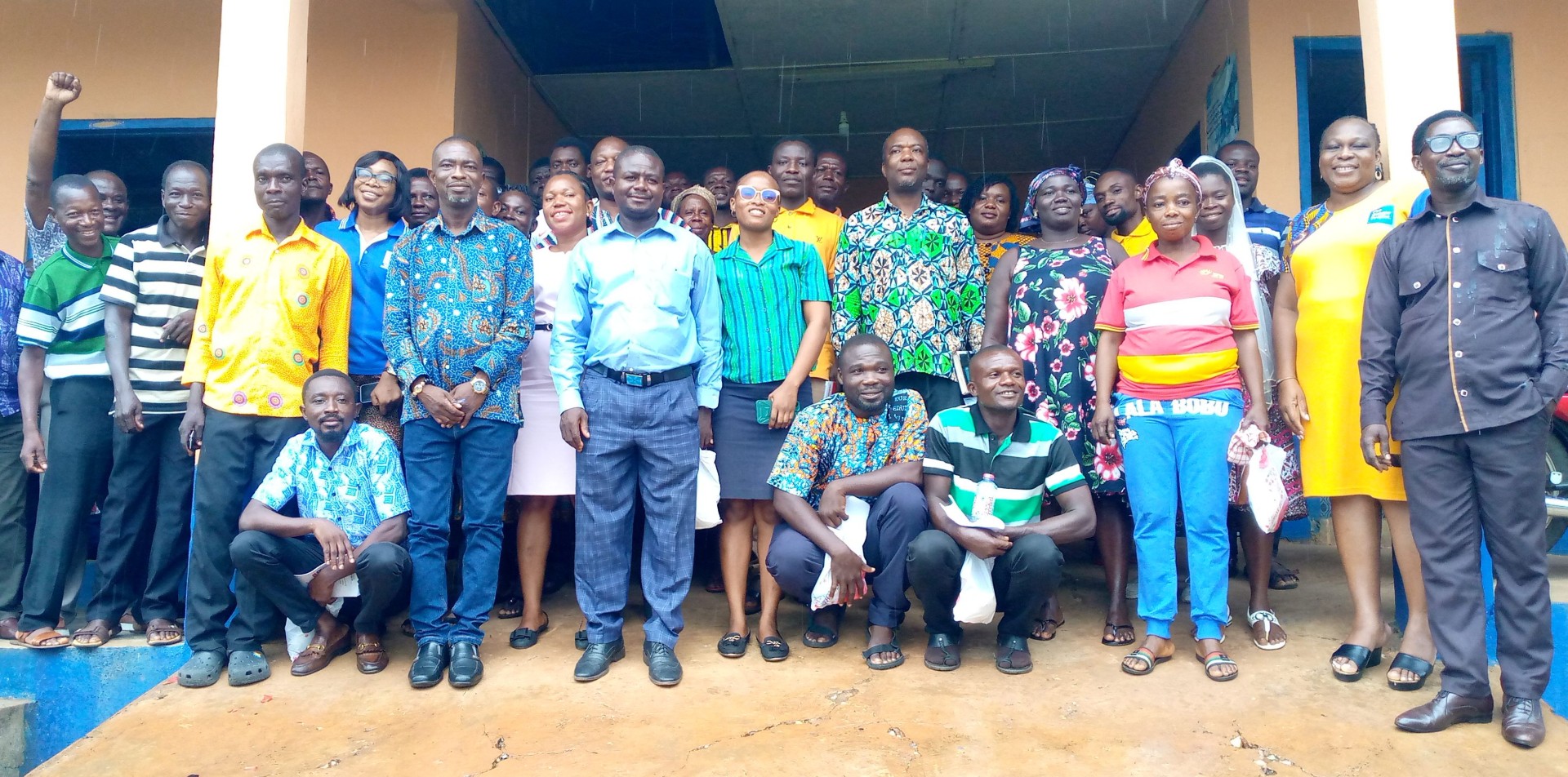













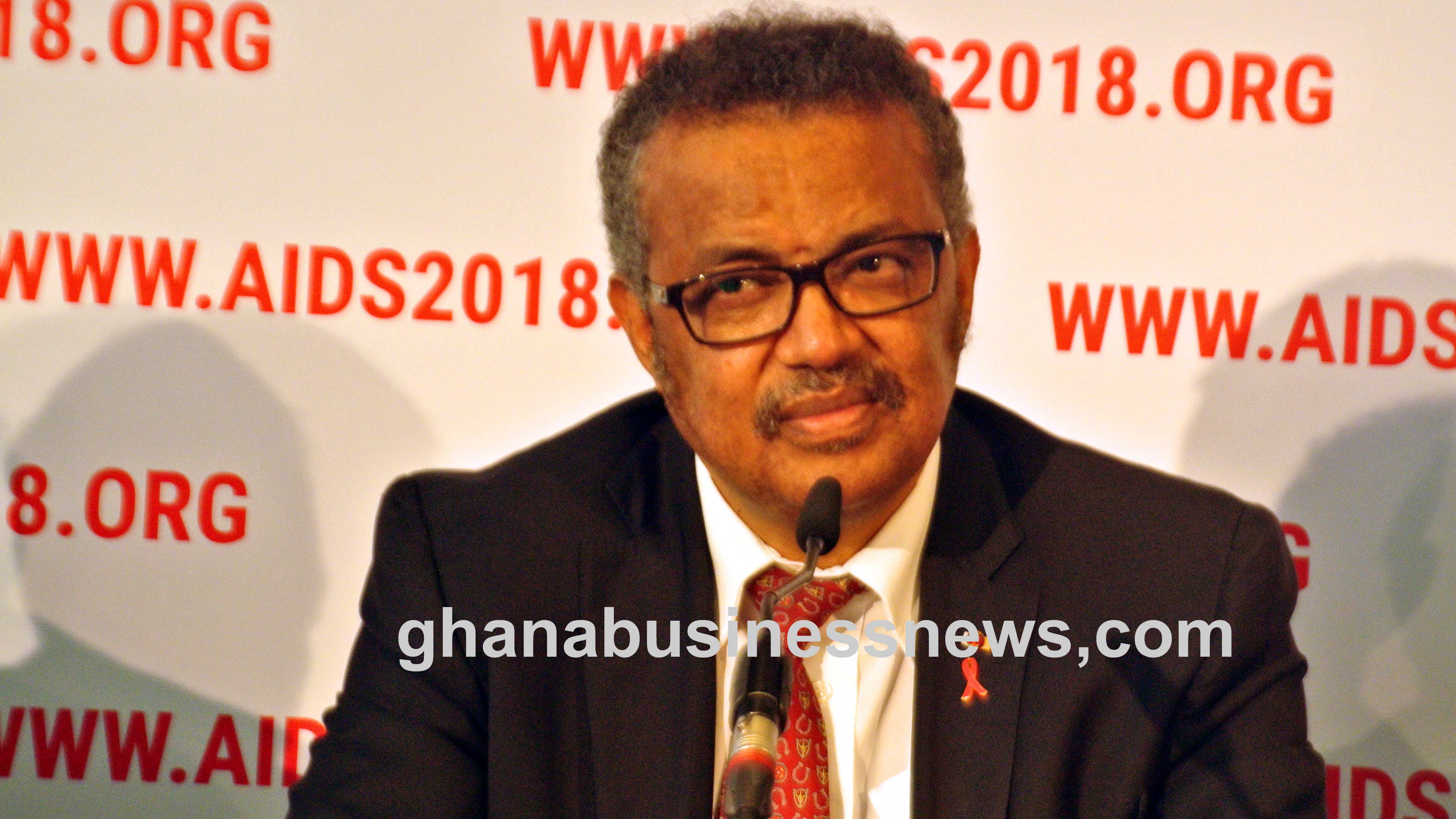




Facebook
Twitter
Pinterest
Instagram
Google+
YouTube
LinkedIn
RSS